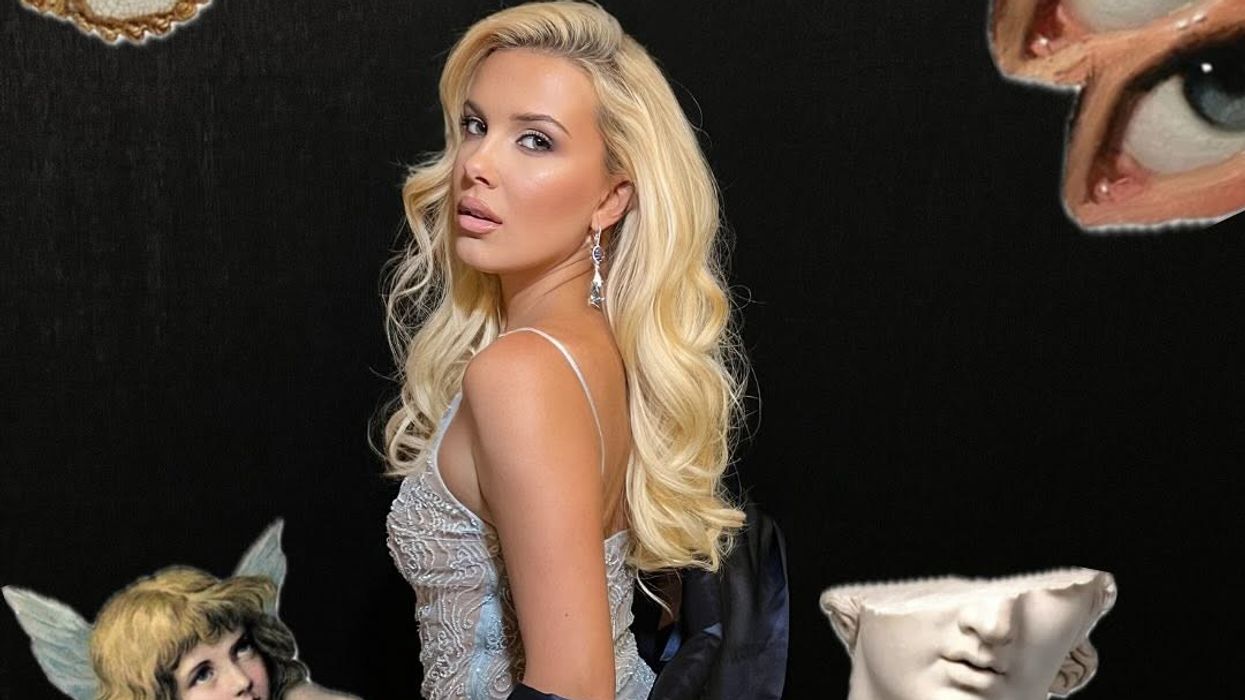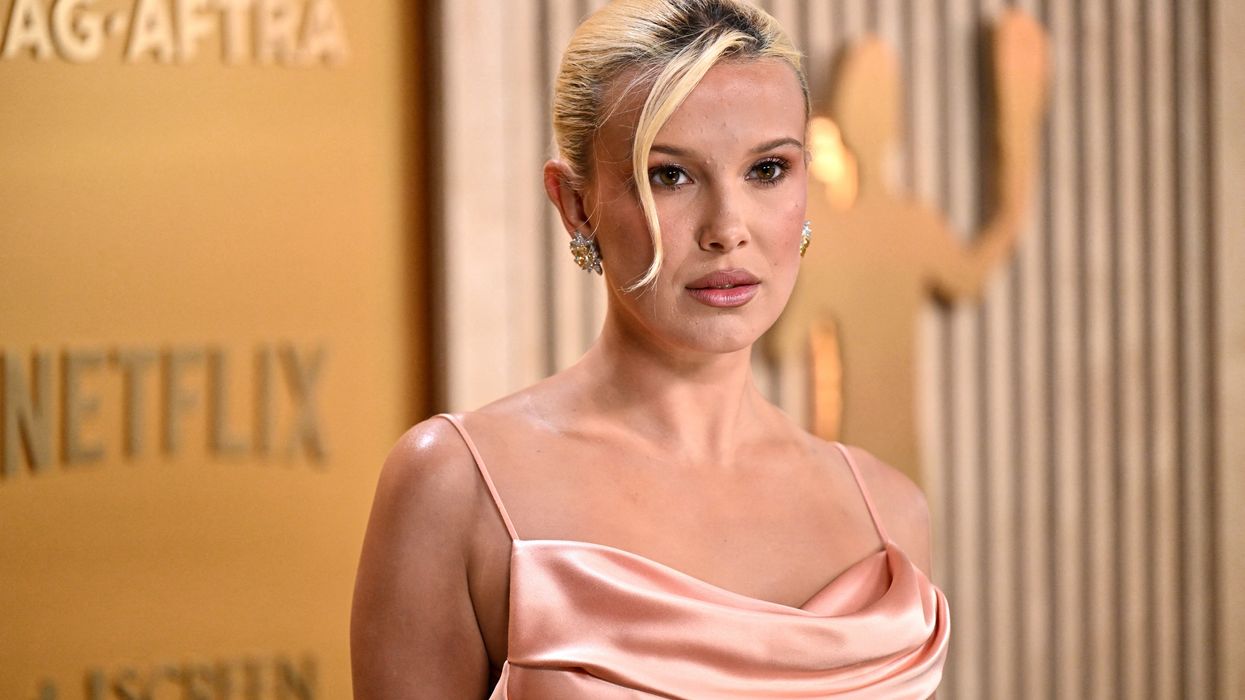Matt Lucas has publicly apologised to Millie Bobby Brown after the Stranger Things actress called out criticism of her appearance on social media. The British comedian clarified his intentions after Brown addressed the backlash she faced for her new look, which included a blonde hairstyle and ‘90s-inspired outfits.
In his apology, Lucas explained that his comment was meant as a light-hearted reference to a character from his old sketch show, Little Britain. “Nearly 25 years ago, I co-wrote a show where one character, Vicky Pollard, had blonde hair and often wore pink,” he wrote. “When I saw your photo with similar hair and a pink top, I posted one of her catchphrases as a nod to the resemblance. I thought you looked fantastic and was shocked when the media twisted it into something negative. I’d never want to upset you, and I’m truly sorry if I did.”
Brown had earlier shared a video on Instagram addressing the scrutiny she’s faced. “I’ve been in this industry since I was 10,” she said. “I grew up in the public eye, but instead of growing with me, people expect me to stay the same as I was in Stranger Things Season 1. Because I don’t look like that anymore, I’ve become a target.”
She called out specific headlines and articles that criticised her appearance, labelling them as “bullying” rather than journalism. “It’s disturbing that adults, especially women, spend their time tearing down young women for clicks,” she said. “I won’t apologise for growing up or changing. Let’s do better, not just for me, but for every young girl who deserves to grow up without fear of being judged for simply existing.”

Brown’s new look had sparked mixed reactions online, with some fans speculating it might hint at a role in a Britney Spears biopic, while others criticised her for “ageing beyond her years.” Lucas’ apology actually points out the broader issue of how young women in the public eye are often unfairly scrutinised for their appearance as they mature.
Both Lucas and Brown’s opinions draws attention to the need for a more thoughtful and respectful discourse, especially when it comes to young women navigating fame and personal growth in the spotlight.

